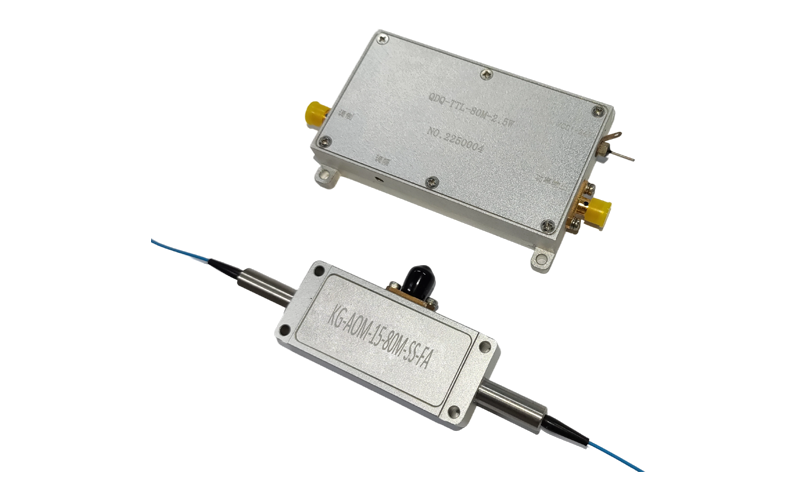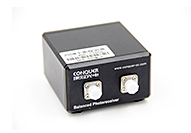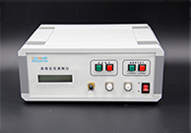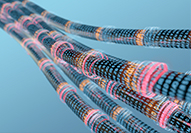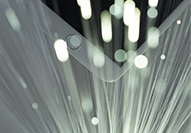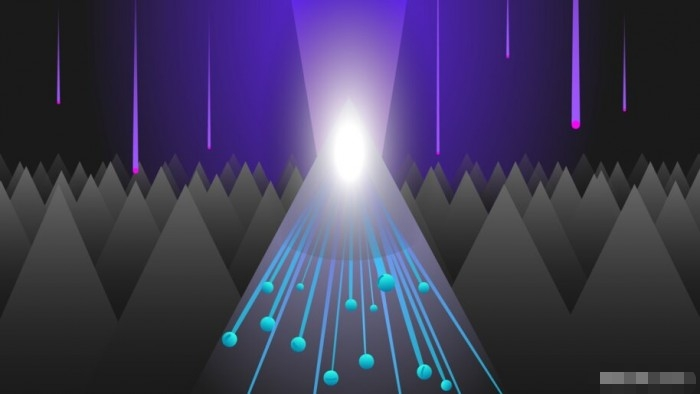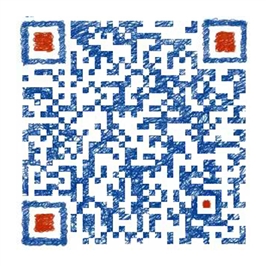According to the physicists organization network recently reported that Finnish researchers have developed a black silicon photodetector with an external quantum efficiency of 130%, which is the first time that the efficiency of photovoltaic devices exceeds the theoretical limit of 100%, which is expected to greatly improve the efficiency of photoelectric detection devices, and these devices are widely used in cars, mobile phones, smart watches and medical equipment.
A photodetector is a sensor that can measure light or other electromagnetic energy, convert photons into an electric current, and the absorbed photons form electron-hole pairs. The photodetector includes photodiode and phototransistor, etc. Quantum efficiency is used to define the percentage of photons received by a device such as a photodetector into an electron-hole pair, that is, the quantum efficiency is equal to the number of photogenerated electrons divided by the number of incident photons.
When an incident photon produces an electron to an external circuit, the external quantum efficiency of the device is 100% (previously thought to be the theoretical limit). In the latest study, the black silicon photodetector had an efficiency of up to 130 percent, which means that one incident photon produces about 1.3 electrons.
According to Aalto University researchers, the secret weapon behind this major breakthrough is the charge-carrier multiplication process that occurs within the unique nanostructure of the black silicon photodetector, which is triggered by high-energy photons. Previously, scientists had not been able to observe the phenomenon in real devices because the presence of electrical and optical losses reduced the number of electrons collected. "Our nanostructured devices have no recombination and no reflection loss, so we can collect all the multiplied charge carriers," explained study leader Professor Hera Severn.
This efficiency has been verified by the Institute of Physical Technology of the German National Metrology Society (PTB), the most accurate and reliable measurement service in Europe.
The researchers note that this record efficiency means that scientists can greatly improve the performance of photoelectric detection devices.
"Our detectors have generated a lot of interest, especially in the areas of biotechnology and industrial process monitoring," said Dr. Mikko Juntuna, CEO of ElfysInc, a company owned by Aalto University. It is reported that they have begun to manufacture such detectors for commercial use.



